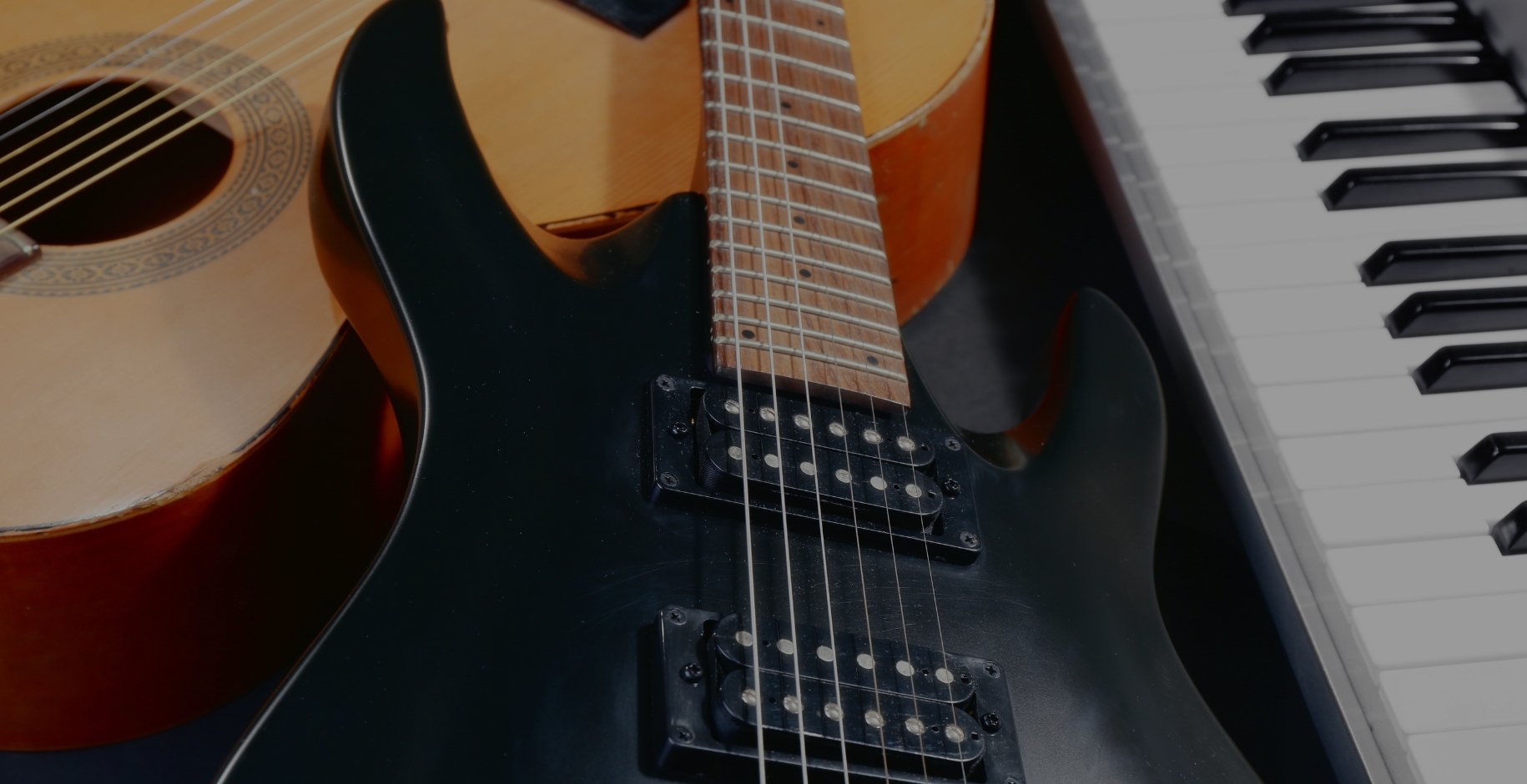
Gimkit is a powerful, game-based learning platform designed to turn traditional classroom quizzes into immersive, interactive experiences that captivate students and boost their academic performance. Developed by a high school student with a vision to make studying more exciting, Gimkit enables educators to create custom question sets across any subject or import existing ones from sources like Quizlet or spreadsheets. Once a quiz is ready, teachers can use the Gimkit Host feature to launch live games in class or assign them as homework, making it adaptable for both in-person and remote learning environments. Students can easily participate using the Gimkit Join option by entering a game code, which immediately connects them to the session. As they answer questions correctly, they earn in-game virtual currency that can be spent on power-ups, upgrades, or game bonuses—adding an exciting layer of strategy and competition to learning. The platform offers a variety of game modes, from classic quiz formats to advanced 2D gameplay like “Trust No One” and “FishTopia,” all designed to keep students engaged and learning actively. Teachers benefit from real-time data analytics and automatic grading, making it easier to track progress and identify learning gaps. Whether used for review sessions, test prep, or daily lessons, Gimkit promotes collaboration, reinforces key concepts, and transforms passive learning into an engaging educational adventure. With Gimkit, Gimkit Host, and Gimkit Join, classrooms are no longer limited to static lectures—they become vibrant, interactive game arenas where students thrive.
Music is a universal language that connects people across cultures and generations. Whether you’re a beginner looking to learn an instrument or a professional musician in need of a high-quality instrument for a gig, the options for renting or purchasing a musical instrument can be overwhelming. This article explores the benefits of renting versus buying musical instruments, factors to consider when making a choice, and the best places to find instruments for rental or sale.
Renting vs. Buying: Which One is Right for You?
When deciding whether to rent or buy a musical instrument, several factors come into play, such as budget, commitment level, and purpose.
Benefits of Renting a Musical Instrument
- Cost-Effective for Beginners – Renting an instrument is a great option for beginners who are still learning and unsure if they want to commit to a long-term investment.
- Flexibility – Many rental programs allow you to upgrade or exchange your instrument if your skills improve or your needs change.
- Low Maintenance Costs – Rental agreements often include maintenance and repair services, saving you from unexpected expenses.
- Access to High-Quality Instruments – Renting allows musicians to use high-end instruments that might be too expensive to buy outright.
- Short-Term Needs – If you need an instrument for a specific event, performance, or project, renting is the best choice 三角琴房.
Benefits of Buying a Musical Instrument
- Long-Term Investment – Purchasing an instrument is a better financial decision for those committed to playing for the long haul.
- Customization and Ownership – Owning an instrument allows musicians to personalize it and develop a deeper connection with it.
- No Recurring Payments – Unlike rentals, where you pay a monthly fee, purchasing eliminates ongoing costs.
- Higher Resale Value – Many quality instruments retain or even increase in value over time.
Things to Consider Before Renting or Buying an Instrument
- Budget: Determine how much you are willing to spend on a rental or purchase.
- Skill Level: Beginners may benefit more from rentals, while experienced players may prefer ownership.
- Purpose: Are you renting for a short-term need, or do you plan to use the instrument for years?
- Maintenance and Repairs: Consider whether you are comfortable handling maintenance costs or if a rental agreement that includes servicing is a better option.
Where to Rent or Buy Musical Instruments
- Local Music Stores: Many music shops offer rental programs as well as a selection of instruments for sale.
- Online Marketplaces: Websites like eBay, Amazon, and Reverb provide new and used instruments for purchase.
- Specialty Rental Services: Companies like MusicRentalCentral and RentMyInstrument specialize in instrument rentals.
- Music Schools and Conservatories: Some music schools offer rental programs for students.
- Peer-to-Peer Rentals: Platforms like Fat Llama allow users to rent instruments from individuals.
Conclusion
Whether you decide to rent or buy a musical instrument, the choice depends on your specific needs, budget, and long-term musical goals. Renting provides flexibility and affordability, especially for beginners and temporary needs, while buying offers long-term value and personalization. Understanding the pros and cons of each option can help you make an informed decision and enjoy your musical journey to the fullest.